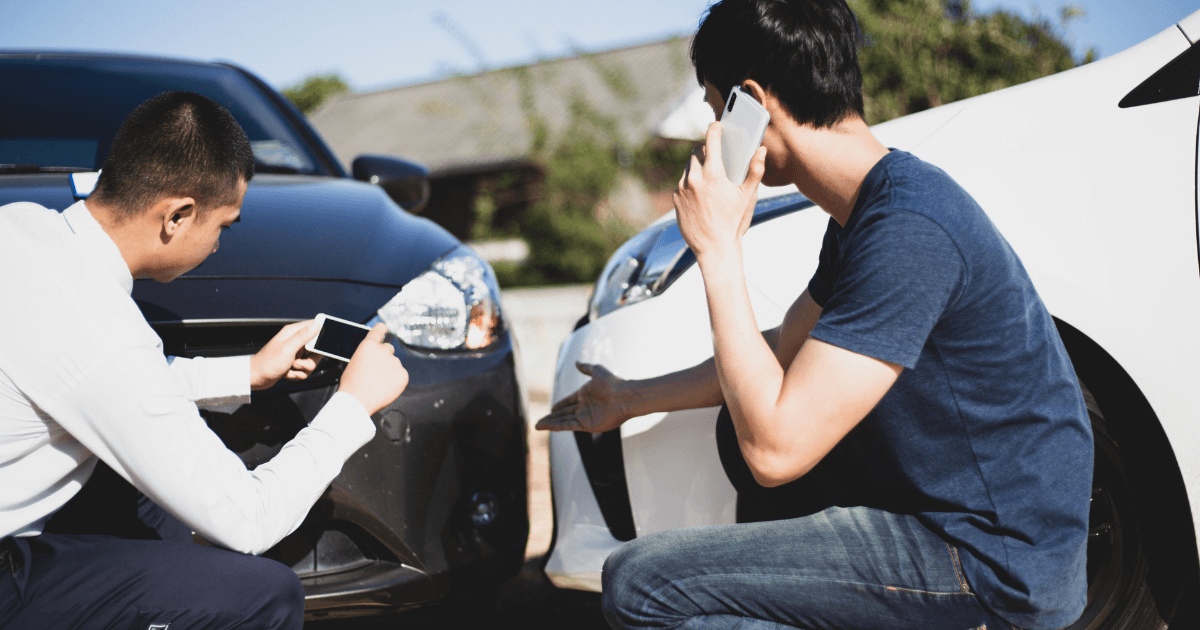Have you ever been in a car accident and thought, “What happens if it’s not entirely my fault?” In Massachusetts, accidents often involve shared fault, where both drivers share responsibility.
Massachusetts uses comparative negligence to determine who is responsible and how much compensation they deserve. This means even if you’re partly at fault, you might still recover damages. Let’s explore how these laws apply to shared fault MA cases and why knowing your rights is important.
What is Comparative Negligence in Massachusetts?
Shared fault happens when both parties contribute to an accident. Massachusetts law allows you to recover damages if your fault is less than 51%. Under Massachusetts General Laws Chapter 231, Section 85, the amount you receive is reduced by your percentage of fault.
For example, if you’re 25% responsible, you’ll get 75% of the compensation. This rule applies to shared fault accidents in Massachusetts and ensures a fair approach to dividing responsibility.
The 51% Rule in Massachusetts
The 51% rule is simple. If you’re more than 50% at fault, you lose the right to recover damages. This applies to all shared-responsibility car accidents.
For instance, if one driver is 60% responsible, they can’t claim damages. This rule emphasizes fairness in assigning blame and ensuring accountability.
How Shared Responsibility is Determined in Accidents
Determining fault in an accident isn’t always clear-cut. It often requires a careful look at multiple factors to understand what happened and who is responsible. Each piece of evidence plays a role in shaping the outcome.
- Police Reports: Police reports are one of the first things examined in a shared fault accident. These reports outline critical details like traffic violations, road conditions, and initial statements from those involved. They provide a starting point for assigning responsibility.
- Witness Statements: Independent witnesses can offer unbiased accounts of the events leading to the crash. Their testimony is especially valuable in disputes, as it helps confirm or refute claims made by the drivers.
- Accident Reconstructions: In more complex accidents, experts may recreate the scene. They analyze skid marks, vehicle damage, and impact points to determine the sequence of events.
A skilled and experienced car accident attorney knows how to collect evidence, analyze reports, and build a strong case to reduce your fault percentage. They can also challenge unfair claims and advocate for the compensation you deserve. Without experienced legal guidance, you might miss important details that could protect your rights.
Types of Shared Fault Accidents
Not all accidents have one person to blame. Many involve shared responsibility, where multiple parties contribute to what happened. Let’s explore common scenarios where shared fault plays a role in MA.
Shared Fault in Auto and Car Accidents
Accidents don’t always have a clear culprit. Sometimes, both drivers contribute to the crash. This happens often in shared responsibility car accidents. Here are two common examples:
- Rear-End Collisions: The driver behind might have been following too closely, but the front driver could have stopped suddenly without warning. Both actions play a role in causing the accident.
- Intersection Accidents: One driver rolls through the stop sign while the other speeds up, assuming they’ll have enough time to pass. Both drivers share responsibility for the crash.
These situations can feel frustrating. You might think, “Why should I lose compensation if it wasn’t entirely my fault?” That’s where knowing your rights in a shared fault accident makes all the difference.
Rideshare Accidents in Massachusetts
Rideshare accidents bring their own set of complications. If you’re in an accident involving Uber or Lyft, liability can depend on what the driver was doing at the time. Was the app off? Were they waiting for a ride? Or were they driving a passenger? These phases matter because insurance coverage changes depending on the driver’s status.
For example, if an Uber driver crashes while waiting for a ride, their personal insurance and limited rideshare coverage might apply. But if they have a passenger, Uber’s policy can provide up to $1 million in coverage.
Other Shared Fault Scenarios
- Pedestrian accidents: This can also involve shared responsibility. For example, a pedestrian might cross outside a crosswalk while a driver is speeding. In this case, both the pedestrian and the driver could share the blame. The pedestrian’s choice to jaywalk and the driver’s excessive speed both play a role in causing the accident.
- Multi-vehicle accidents: There is another situation where fault is often shared, like pile-up collisions on a busy highway. One car stops suddenly, and another driver, who is distracted, crashes into them, triggering a chain reaction of collisions from following vehicles. In cases like these, several parties may be held partially responsible.
It can feel overwhelming, but knowing how shared fault works in Massachusetts can help you understand your options and protect your rights.
How Comparative Negligence Affects Compensation
Massachusetts uses comparative negligence to calculate compensation. As mentioned earlier, this means your damages are reduced by your percentage of fault. For example, if you’re found 30% responsible for an accident where both drivers are at fault, you can recover 70% of the damages.
Imagine your total damages are $50,000, and you’re found 40% responsible. In this case, you would recover $30,000.
However, if your fault exceeds 50%, you won’t receive any compensation. These calculations can feel complicated. Having an experienced attorney can help you fight for a fair settlement that reflects your true level of responsibility.
Impact on Insurance Claims
Insurance companies approach shared responsibility auto accidents carefully. They analyze every detail to assign fault percentages. In Massachusetts, this process is important because it affects payouts.
Sometimes, insurers try to place more blame on you to reduce their payouts. This is where a lawyer with a track record of successfully challenging insurance companies becomes your strongest ally. They can challenge unfair fault assignments and negotiate with the insurance company to protect your rights. Without legal help, you might accept less than you deserve.
Tips for Protecting Your Rights After a Shared Fault Accident
If you’ve been in a shared fault MA accident, acting quickly and carefully can protect your rights. Here’s what you should do:
- Collect Evidence: Take photos of the accident scene, vehicle damage, and any visible injuries. These details can support your claim.
- Get a Police Report: A detailed police report can help clarify what happened and establish fault.
- Document Key Details: Write down everything you remember about the accident, including weather conditions, traffic signals, and the behavior of other drivers or pedestrians.
- Avoid Pitfalls: Don’t admit fault or speculate about what happened. Even a casual comment can be used against you later.
Having a skilled attorney during this process is crucial. They can guide you through the legal steps, protect your interests, and fight for a fair outcome. Without proper legal help, you risk losing compensation you deserve. Shared fault cases may feel stressful, but with the right support, you can focus on moving forward.
Final Thoughts and What to Do Next
What worries you most after being involved in a shared fault accident? Is it figuring out how fault is calculated or dealing with insurance adjusters? These are not easy tasks, especially when the stakes are high and where both drivers share responsibility.
Even a small change in fault percentage can affect how much compensation you get. In shared responsibility car accidents, insurance companies may try to blame you more to reduce what they pay. A PI lawyer can help gather evidence and show your side clearly. This can stop unfair blame and protect your rights.
If you’re worried about how to handle a shared fault MA accident, you don’t have to do it alone. Experienced lawyers understand these cases, can clarify the legal process, protect your rights, and help you achieve the best possible outcome for your case.
Your next step is to contact us today for a free consultation so you better understand your options and how comparative negligence affects your matter. If we decide to work together, we’ll help you fight for fair compensation and peace of mind.

